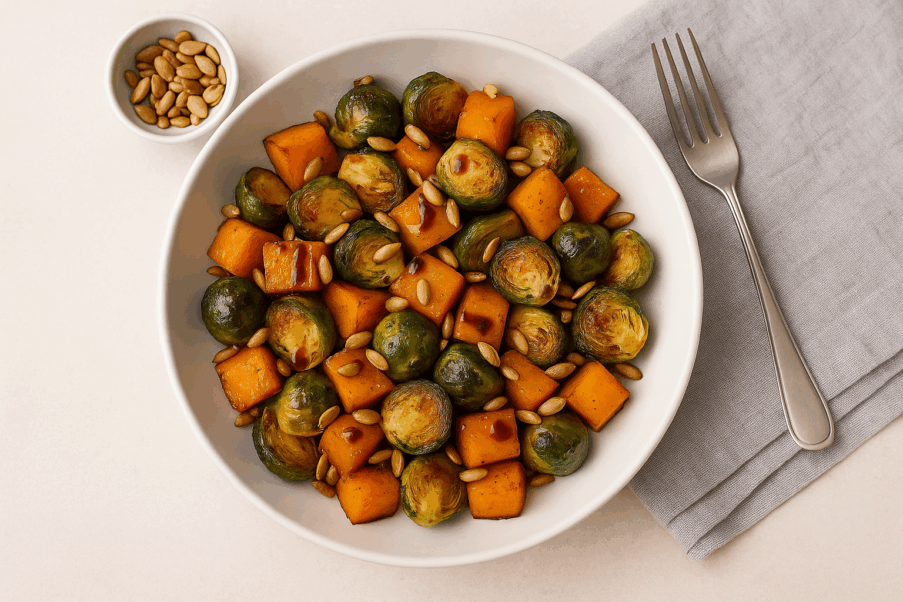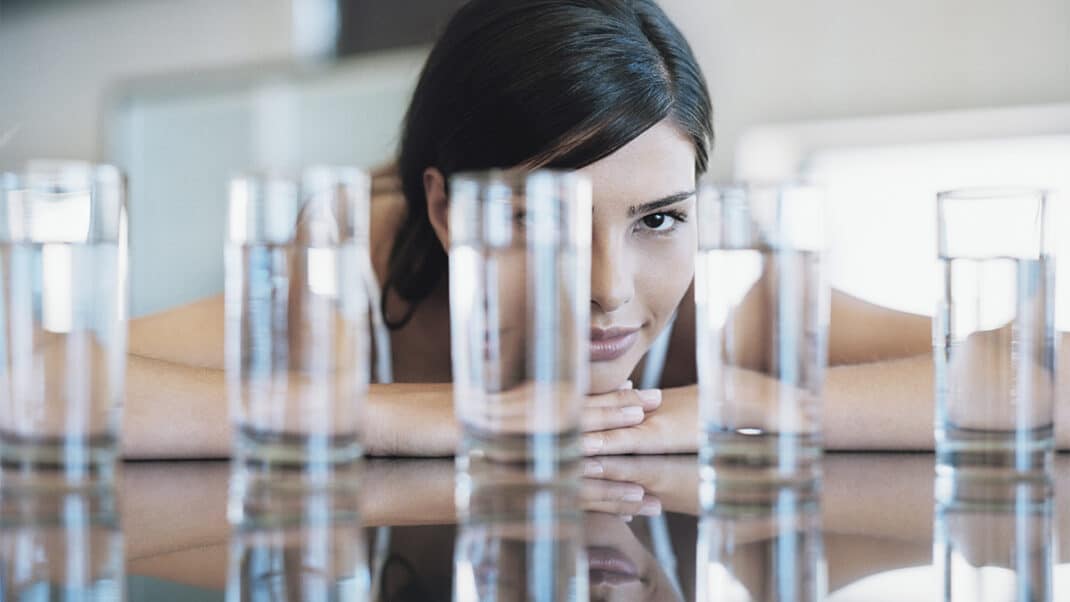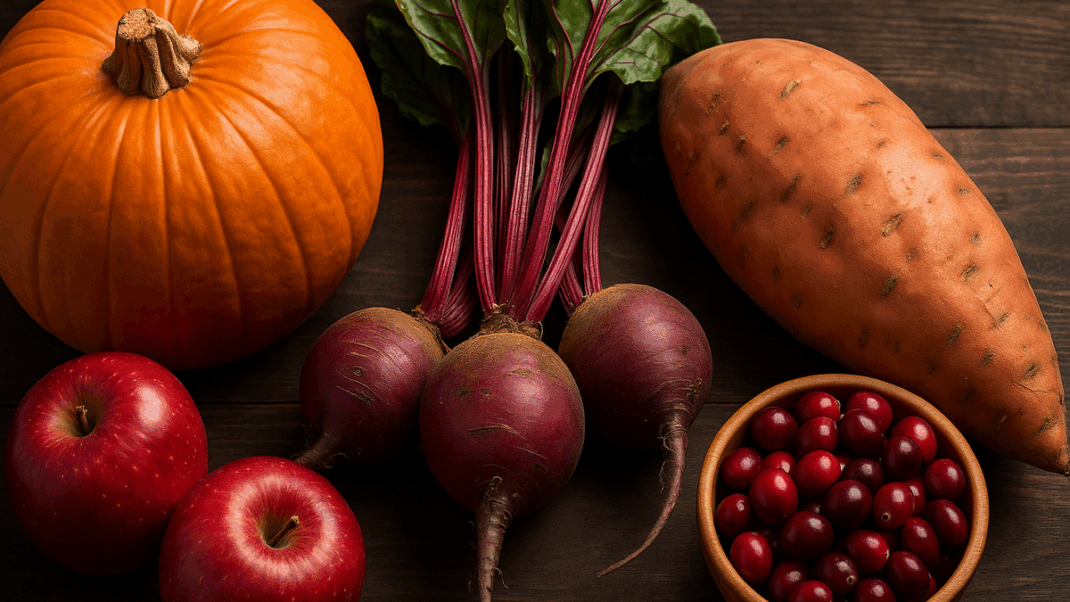Alcohol May Boost Cancer Risks

Previous studies have associated light to moderate alcohol consumption with a lower risk for cardiovascular disease and maybe even diabetes, according to the Harvard T.H. Chan School of Public Health’s Nutrition Source, but teetotalers may have a leg up on avoiding cancer.
A report published in January in the Journal of Clinical Oncology cites evidence that alcohol consumption can increase the occurrence of certain cancers. Even sipping as little as one drink a day appears to slightly raise a woman’s risk of developing breast cancer. Think about that when brands adorn their drinks with pink ribbons.
Moderate (one drink daily for women, two for men) to heavy drinkers (eight or more drinks a week for women, 15 or more for men) face a two-to-five-times-higher risk for liver, mouth, throat, esophageal and colorectal cancers, the research warns. Our bodies break down alcohol into acetaldehyde, a carcinogen which may lead to DNA mutations that can spiral into cancer. Of concern is that alcohol consumption, including high-risk activities like binge drinking, is on the rise in America among all segments of the population, according to data published in JAMA Psychiatry in September 2017.
One reason why we imbibe more is that wine glasses have gotten bigger over the past few decades, says a BMJ study published in December 2017. People may be inadvertently drinking more because the holding capacity of their glasses is higher. The take-home message need not be abstinence, save perhaps for women at high risk of breast cancer, but if you want to reduce your cancer risk, it could be a good idea to throw back fewer cold ones.
Matthew Kadey, MS, RD
Matthew Kadey, MS, RD, is a James Beard Award–winning food journalist, dietitian and author of the cookbook Rocket Fuel: Power-Packed Food for Sport + Adventure (VeloPress 2016). He has written for dozens of magazines, including Runner’s World, Men’s Health, Shape, Men’s Fitness and Muscle and Fitness.





